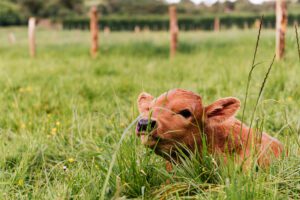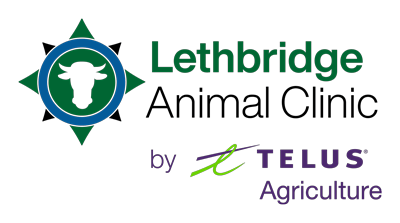Things You Should Know About the Calving Process
Welcome to our latest blog at Lethbridge Animal Clinic, where we’re excited to share insights into the calving process. If you have questions or need further information, feel free to reach out to Lethbridge Animal Clinic in Lethbridge, Alberta at (403) 327-4150. Our knowledgeable team is always ready to assist.

Understanding the Stages of Calving
The calving process is a significant event in the life cycle of a cow and understanding it is essential for proper herd care and management. This process is generally divided into three distinct stages, each with its unique characteristics and needs.
Preparation for Calving
In the days leading up to calving, there are several signs that indicate a cow is getting ready to give birth. These can include changes in behavior, such as the cow becoming restless or isolating herself from the herd. Physical signs also become evident, like the swelling of the udder and the relaxation of the pelvic ligaments. Recognizing these signs is key to providing the appropriate care and environment for a successful calving.
The Birthing Process
The actual birth of the calf, known as parturition, is a critical phase where monitoring is essential. This stage starts with the cow experiencing contractions and ends with the delivery of the calf. During this period, it’s important to ensure that the cow is in a safe, clean, and stress-free environment. While most cows will give birth without assistance, it’s necessary to be vigilant and ready to call a veterinarian if any complications arise.
Post-Calving Care
After the calf is born, attention shifts to ensuring the health and well-being of both the mother and the newborn. This includes monitoring the cow for any post-birth complications and ensuring that the calf is nursing properly. The first few hours after birth are vital for the calf to receive colostrum, the first milk rich in antibodies and nutrients.
Health and Nutrition During the Calving Season
The nutritional needs of a cow increase significantly during the calving season. Providing a diet that is rich in energy, protein, vitamins, and minerals supports the health of the cow and the development of the calf. Routine veterinary evaluations can help ensure that your cow is receiving the appropriate nutrition.
Monitoring Health
You also need to keep a close eye on the health of your cow during this time. With regular health checks from a veterinarian, you can catch any potential issues early on. This includes monitoring for signs of illness or distress, which can be more prevalent during the stressful calving period.
When to Seek Veterinary Assistance
While many aspects of the calving process are natural and can be managed on the farm, there are times when it’s essential to seek the help of a veterinarian.
You should be aware of the signs that indicate a cow may be experiencing difficulties during the calving process. These can include prolonged labor, the calf being positioned incorrectly, or the cow showing signs of distress. In such cases, immediate veterinary assistance is necessary.
Post-Calving Health Issues
After the calf is born, you need to monitor both the mother and her calf for any health issues. Complications such as retained placenta, infection, or the calf not nursing properly require veterinary attention. A veterinarian can provide the necessary care and advice to ensure the health of both the cow and her calf.
If you’re seeking more information or need assistance with calving, contact Lethbridge Animal Clinic in Lethbridge, Alberta at (403) 327-4150. Our team is equipped with the knowledge and resources to support you through the calving process and ensure the health and safety of your animals.
